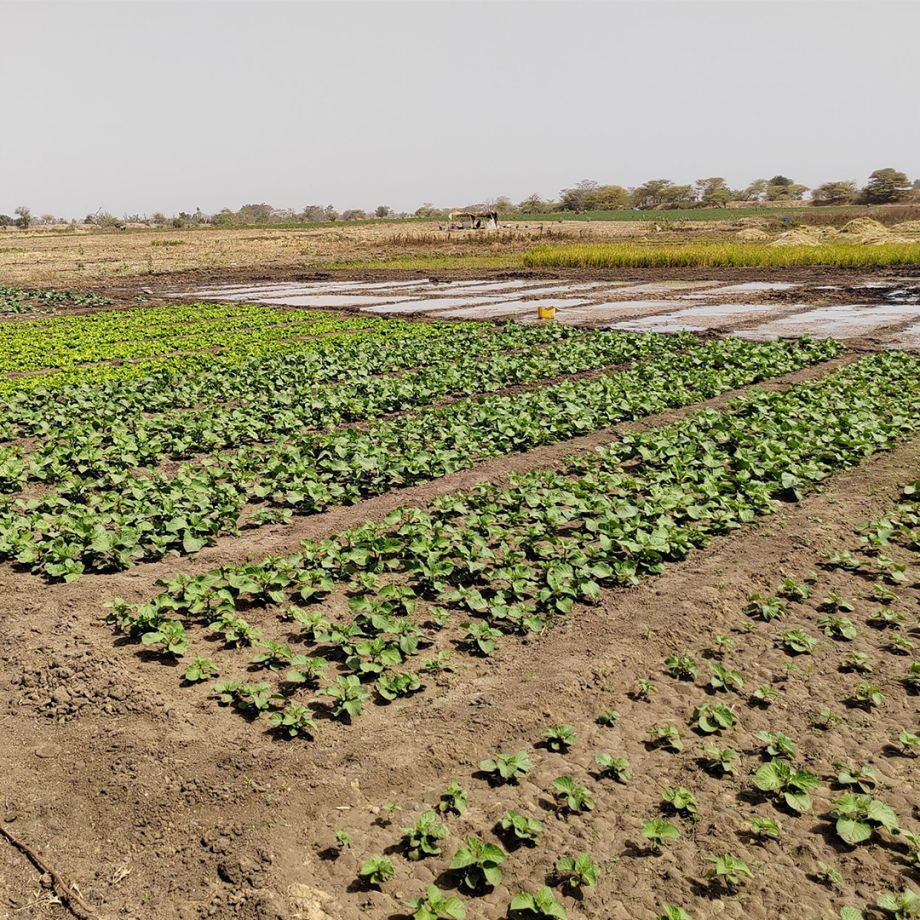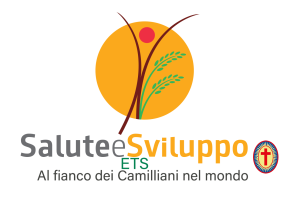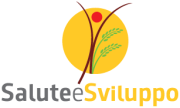
Cultivating Value: The first milestones
It has been a year since we launched the project ‘Cultivating Value: good practices and innovative methods for inclusive and sustainable agro-livestock production’ with funding from the Italian Agency for Cooperation and Development (AICS) e la partecipazione di vari partners. During these months, we have pursued the results we set ourselves by trying to improve the managerial and technical capacities, production, processing and transformation of the products of the Bagré farm and livestock enterprise managed by the Burkinabé NGO SAPHE.
We are in Burkina Faso, a country where the majority of the population lives in a state of deep poverty and which suffers from severe instability due to the many changes of government and increasingly rampant terrorism. This is why it is essential to intervene for the conscious development of all productive activities that can bring real benefit to the population, supporting them in the fight against malnutrition and destitution.
In this first year of the project, we had to cope with the state of insecurity in the country, which made the implementation of some activities difficult: terrorist groups in the country had established themselves in the areas surrounding Bagré, preventing direct intervention and monitoring of activities by experienced expatriate staff for the first six months. In the face of this, we had to operate remotely to achieve our first goalsA computerised accounting system was set up to allow all project stakeholders to be aware of the farm’s expenses and revenues; training was started for four professional figures considered essential to improve the management of the agro-livestock farm; and communication of the initiative to sector bodies and institutions was promoted to include the farm in a community network. This commitment prompted the Burkinabe Minister of Agriculture to want to get to know the reality of production by personally visiting agricultural fields.
The photovoltaic systems were connected to power the barn and dairy machinery with free green energy, and the paperwork to start construction of a barn, feed store, wells, living quarters and horizontal silos was completed.
 In addition, fields have been divided up for specific crops, all bordered by hedges of indigenous African wild herbs, which will have the fundamental aim of preserving biodiversity, an objective that is also fundamental for the Burkinabé government, which has recently decided to implement strict agricultural policies. During this last year, what had been planned in the very early stages of the project was cultivated: rice, white maize, yellow maize, sesame and bananas, but the harvest was reduced due to the difficult availability of fertilisers.
In addition, fields have been divided up for specific crops, all bordered by hedges of indigenous African wild herbs, which will have the fundamental aim of preserving biodiversity, an objective that is also fundamental for the Burkinabé government, which has recently decided to implement strict agricultural policies. During this last year, what had been planned in the very early stages of the project was cultivated: rice, white maize, yellow maize, sesame and bananas, but the harvest was reduced due to the difficult availability of fertilisers.
Unfortunately, over the past year, due to the world geo-political situation, fertiliser production and trade have been drastically reduced. This means – for all those countries suffering from mineral-poor soils – that it is becoming more and more difficult to make the land yield properly. To cope with this situation, in-house production of organic fertilisers such as Bokeshi and Biochor was started using agricultural or animal waste.
In addition to the agricultural land, the Bagré farm also has 70 cows, which, with respect to their breed and peculiarities, are able to offer sufficient production. milk for the packaging of dairy products such as yoghurt and cheese, which are also essential to provide the local population with a varied choice of food.
milk for the packaging of dairy products such as yoghurt and cheese, which are also essential to provide the local population with a varied choice of food.
Of all the production (agricultural and dairy) this past year, 80% was sold, while the remaining 20% was distributed free of charge to the socio-health centres of the Camillian Burkinabé delegation and at the schools in Bagré and Tenkodogo.
In order to make the project long-lasting and rooted in the territory, field activities were also accompanied by the training of personnel working in the companycourses for 25 young local farmers, 10 permanent on the farm and 15 seasonal, focused on theoretical and practical lessons on cultivation techniques, plant cycle, biodiversity and many other topics related to their occupation. The two women who look after the dairy products and the three farmers who supervise the stable were also able to attend training days.
 One of the project outcomes is the increase in women’s empowerment in the Bagré Community. To this end, the CSO partner AES-CCC initiated a series of actions that saw the women of the Bagré community at the centre of several initiatives: a database of all the women’s cooperatives operating in the area was created, and from these, women were chosen to participate in training days to strengthen their skills, while others were identified to elaborate the nutrition security plan for the Bagré municipality, which has already been drafted and approved. 18 municipal councillors and 15 women’s associations (about 450 women) were involved in nutrition security policies and the role of women in the sector, of which 30 women were trained on the OHADA law, association life and PO management and the national nutrition plan. A further three groups of women were selected and formed into rice processing cooperatives, and 27 women received training on improving steaming techniques and the use of equipment, with the involvement of a specialised consultant from the National Union of Rice Cooperative Societies of Burkina Faso (UNERIZ).
One of the project outcomes is the increase in women’s empowerment in the Bagré Community. To this end, the CSO partner AES-CCC initiated a series of actions that saw the women of the Bagré community at the centre of several initiatives: a database of all the women’s cooperatives operating in the area was created, and from these, women were chosen to participate in training days to strengthen their skills, while others were identified to elaborate the nutrition security plan for the Bagré municipality, which has already been drafted and approved. 18 municipal councillors and 15 women’s associations (about 450 women) were involved in nutrition security policies and the role of women in the sector, of which 30 women were trained on the OHADA law, association life and PO management and the national nutrition plan. A further three groups of women were selected and formed into rice processing cooperatives, and 27 women received training on improving steaming techniques and the use of equipment, with the involvement of a specialised consultant from the National Union of Rice Cooperative Societies of Burkina Faso (UNERIZ).
In this first year, despite many difficulties, we have achieved much of what we set out to do. Our intention in the coming months is to continue working to make the Bagré farm fully productive, giving the local population access to a varied selection of foodstuffs, necessary for the wellbeing and health of every individual.
We will continue to keep you updated on all the steps forward!
This article was produced as part of the project Coltivare Valore: good practices and innovative methods for inclusive and sustainable agro-livestock production AID 012590/08/4 funded by the Italian Agency for Development Cooperation. The contents of this publication are the sole responsibility of the author and do not necessarily represent the views of the Italian Development Cooperation Agency. The Italian Development Cooperation Agency is not responsible for information that is considered erroneous, incomplete, inadequate, defamatory or in any way reprehensible.



